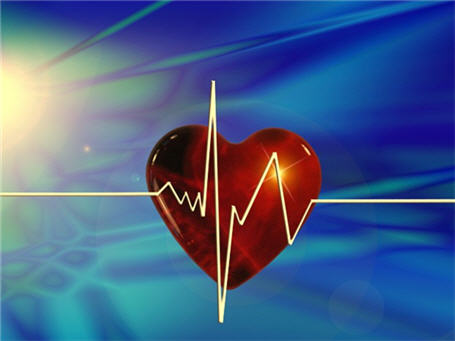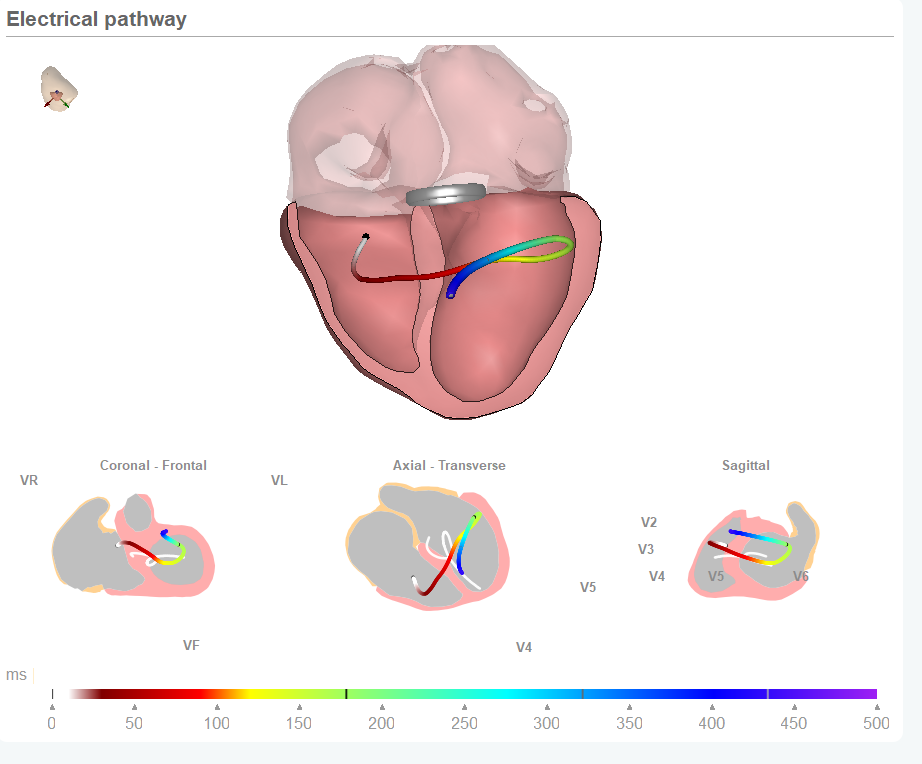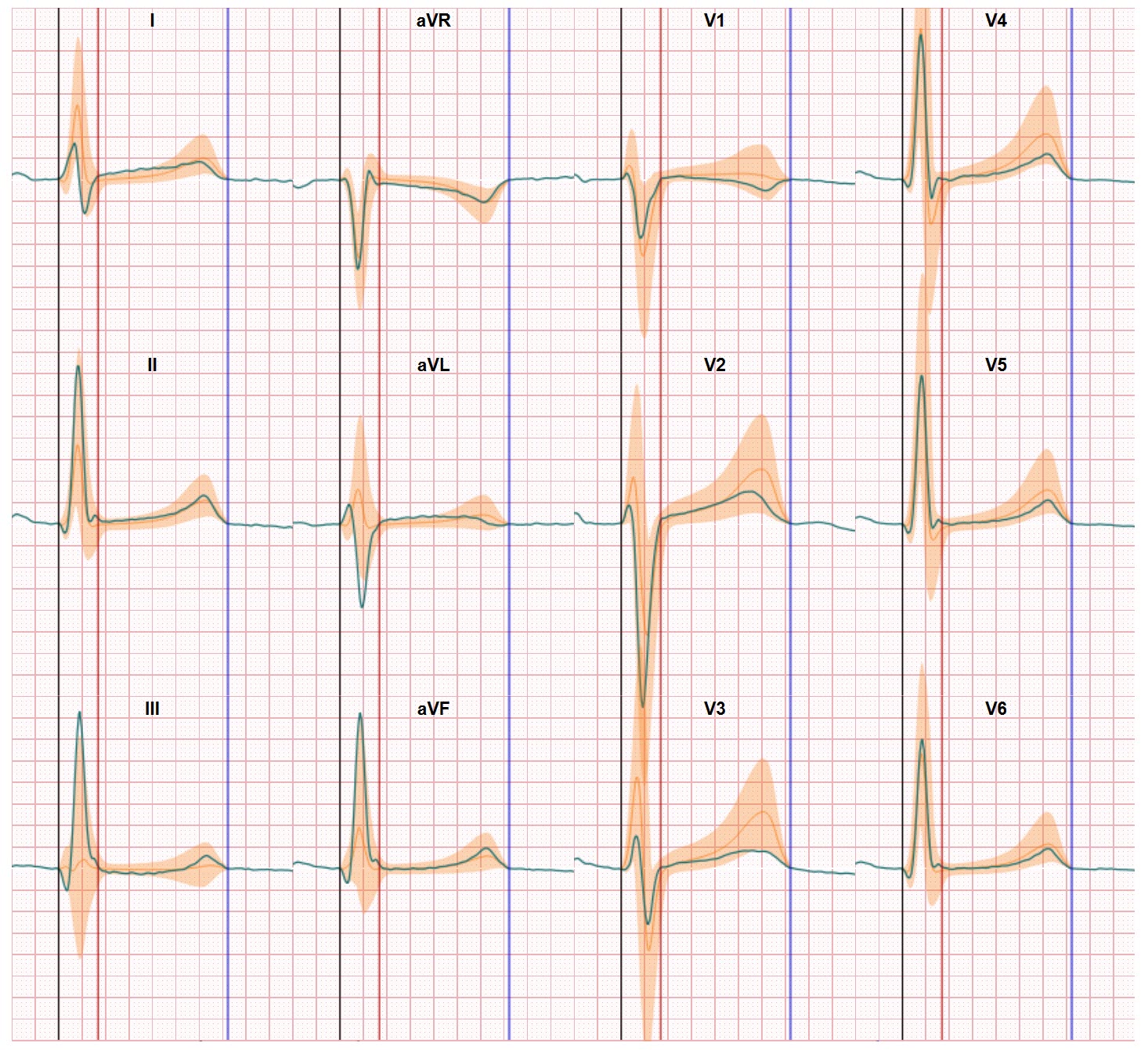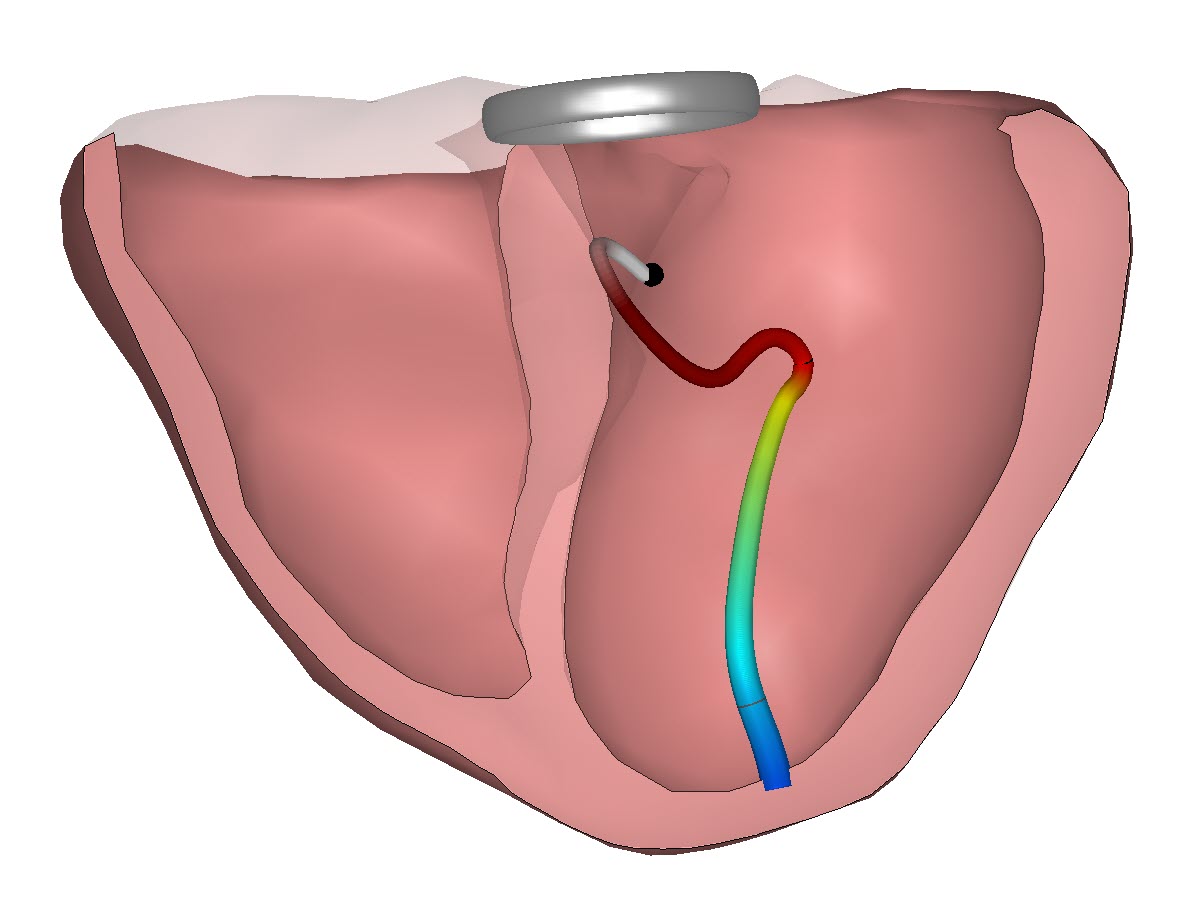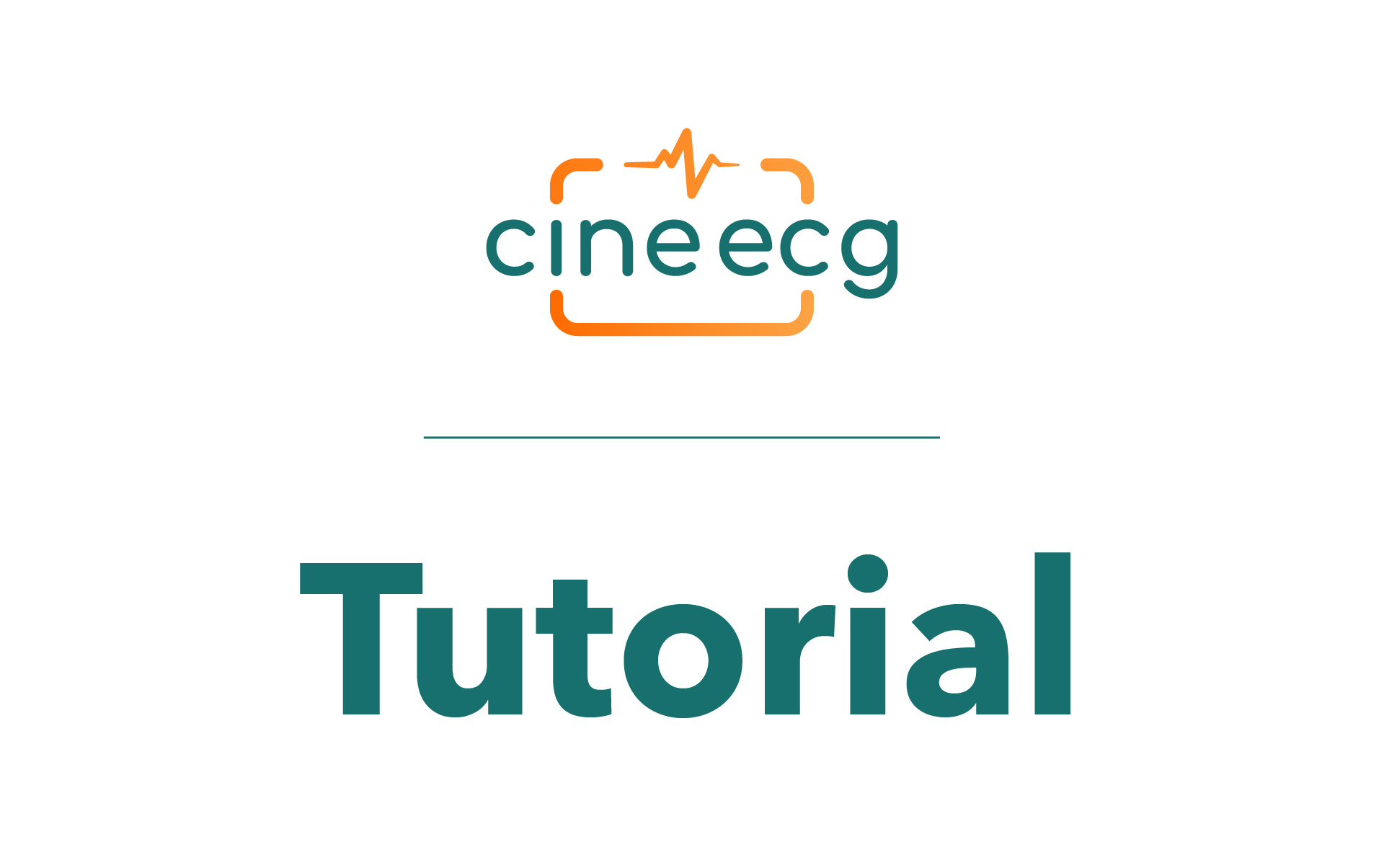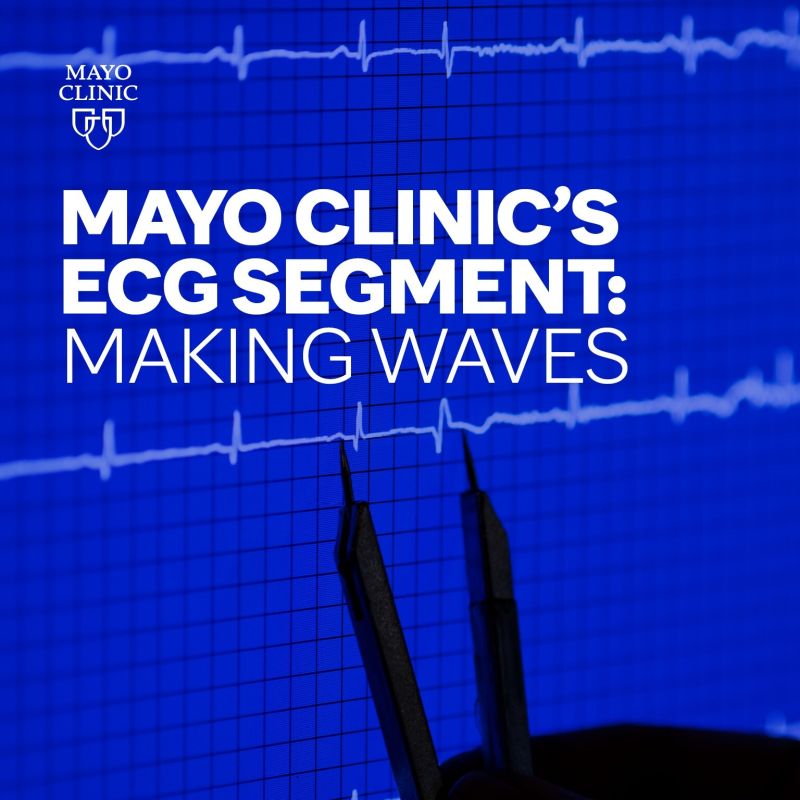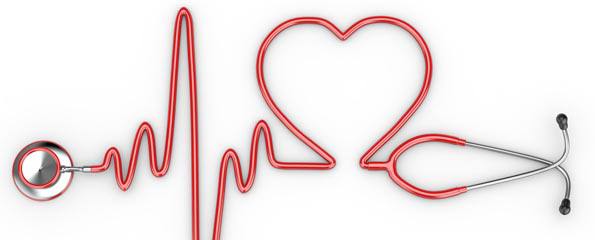September 29 is World Heart Day. This is the annual day initiated by the world heart federation to pay extra attention on the importance of the human heart and the impact the heart and heart disorders have on your daily lives.
This years theme is USE HEART FOR EVERY HEART
The World Heart Federation unites the diverse cardiovascular community to bring cardiovascular health to the forefront of the global health agenda – a global community of heart foundations, scientific societies and patient organizations, united in our mission to achieve heart health for everyone.
As a team with a passion to change the way heart diseases are detected we are more than happy to pay attention to the world heart day.
And we will use this moment to focus on some of the more rare cardiovascular diseases. Most of us are familiar with heart disease, heart attacks, heart failure, strokes and arrhythmias but there is a range of diseases with affect the heart and circulatory system and are not well known. Even amongst physicians.
In this blog we follow the focus of the WHF and mention 3 rare diseases. For us this of particular interest since 80% of the rare diseases are genetic in origin and often present at an early stage.
Effective early phase diagnosis is still a challenge.
But patients suffer from missed or late diagnosis due to a lack of medical knowledge or just the inability of physicians to detect the symptoms intime. Which is related to 2 basic difficulties in Electrocardiogram technologies. First, the impact of both variable heart positions (rotations) and in accurate ECG electrode positioning. Combined these two variables hinder a clear understanding of the baseline in the ECG and thus the assessment regarding the value of the waveform when the potential differences are small. And this value indicates the direction of the electrical current in the heart. Second the need to have electrode positions similar during subsequent ECG recordings since the positions of these electrodes influence the shape of the ECG waveform. Alas daily practice shows accurate repositioning is difficult and this hinders an effective personalized comparison of ECG waveforms over time. Small but relevant changes can not be detected and these changes can be an indication of a change in heart performance due to the genetic heart disease.
Our team takes pride is developing solutions which remove these limitations and increase the diagnostic potential of the ECG. Which is a positive message on this special day.
So we pick up the challenge of the WHF and will take a closer look at the following rare heart diseases:
The first to mention is transthyretin amyloid cardiomyopathy or ATTR-CM, which is a form of cardiac amyloidosis. ATTR-CM is a rare, underdiagnosed and fatal condition, resulting in progressive heart failure. It mainly affects men over age 60 but can also affect women.
The second is Kawasaki Disease, which is actually becoming increasingly common and is the leading cause of acquired heart disease in children.
Rheumatic heart disease (RHD) is a condition which affects 39 million people worldwide. Every year, the disease claims 291,000 lives, mostly in low- and middle-income countries. RHD most commonly occurs in childhood and can lead to death or life-long disability.
Arrhythmogenic cardiomyopathy (ACM), also called ARVC (arrhythmogenic right ventricular cardiomyopathy) or ARVD (arrhythmogenic right ventricle dysplasia), is a disease of the heart muscle, in which parts of the heart muscle have been replaced by fat or connective tissue and in which severe arrhythmias are more common . In the heart, the heart muscle cells are connected to each other via a certain type of proteins. At ACM, these connections break down faster and the detached heart muscle cells die. The dead cells are replaced by our body with fat or connective tissue. Usually the right ventricle (in medical terms) is involved in ACM, but the left ventricle of the heart can also be affected.
ACM can arise for anyone. About 1 in 1000-5000 adults have characteristics of this condition in cardiological examination. It is believed that ACM is usually hereditary.
Check your heart performance in time
The diseases mentioned earlier are indeed rare but for all humans a regular check on your heart performance is recommended. One knows his own body best, so if you think something feels different the advice is to check your blood pressure or visit a physician. When you live in Europe your GP can help you find your way. And if you live in the USA is might be useful to check the retireguide for the way medicare can help you. With this advice we wish all our readers a healthy world heart day.
